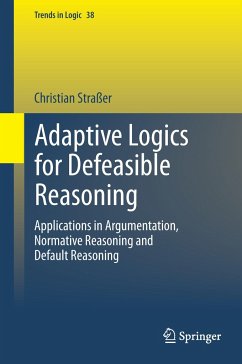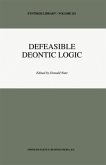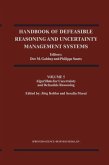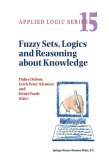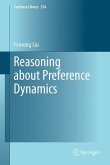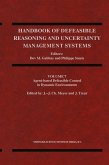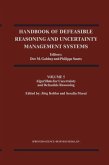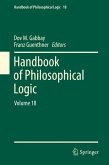This book presents adaptive logics as an intuitive and powerful framework for modeling defeasible reasoning. It examines various contexts in which defeasible reasoning is useful and offers a compact introduction into adaptive logics.
The author first familiarizes readers with defeasible reasoning, the adaptive logics framework, combinations of adaptive logics, and a range of useful meta-theoretic properties. He then offers a systematic study of adaptive logics based on various applications.
The book presents formal models for defeasible reasoning stemming from different contexts, such as default reasoning, argumentation, and normative reasoning. It highlights various meta-theoretic advantages of adaptive logics over other logics or logical frameworks that model defeasible reasoning. In this way the book substantiates the status of adaptive logics as a generic formal framework for defeasible reasoning.
The author first familiarizes readers with defeasible reasoning, the adaptive logics framework, combinations of adaptive logics, and a range of useful meta-theoretic properties. He then offers a systematic study of adaptive logics based on various applications.
The book presents formal models for defeasible reasoning stemming from different contexts, such as default reasoning, argumentation, and normative reasoning. It highlights various meta-theoretic advantages of adaptive logics over other logics or logical frameworks that model defeasible reasoning. In this way the book substantiates the status of adaptive logics as a generic formal framework for defeasible reasoning.
"This is a book on the application of a class of logics, called adaptive logics, to a particular form of reasoning, in effect, of a defeasible kind. ... this book is clearly aimed at people interested in knowing the reaches of a formal logic formalism, from a philosophical viewpoint, without great concern for complexity and computational issues. And it may also serve a public with such computational concerns looking for an articulated starting point." (Marcelo Finger, Mathematical Reviews, April, 2016)

